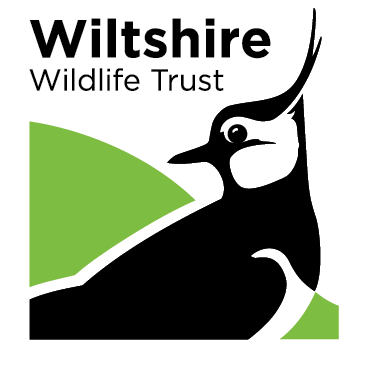Working with Water Companies
Our rivers are badly polluted, with only 14% of rivers in England classed as having ‘good’ ecological status. In Wiltshire, our globally important chalk streams – lifelines for otters, water voles and brown trout - are particularly vulnerable to pollution, because nutrients get concentrated when water levels get low in summer.
Water companies bear heavy responsibility for underinvestment in our sewerage system. Run-off from agriculture and roads is also a big driver of pollution.
Why is Wiltshire Wildlife Trust working in partnership with water companies like Wessex Water?
To achieve nature’s recovery and restore our rivers, we need to focus on solutions, not just call out the problems.
It is widely accepted that there has been a failure of water sector regulation. This includes the perverse regulatory barriers that stand in the way of low-carbon, nature-based solutions. River and wetland restoration, alongside soil-friendly regenerative farming, can slow, store and filter water, reducing the risk of flooding downstream and cleaning water naturally, while creating much-needed habitat for wildlife.
Wessex Water is regarded as progressive in its sector because it has been a consistent advocate for water companies to be held to account for the outcomes they achieve, not just for water quality and river flows at the catchment level, but for biodiversity and carbon.
Wessex Water is supported in this goal by a wider collaboration of environmental NGOs and specialists that have come together with a comprehensive proposal for regulatory reform under the banner of Project SSWAN: Sustainable Solutions for Water and Nature.
Wessex Water is also putting its money where its mouth is, with a commitment to a pipeline of nature-based solutions in Wiltshire, well above compliance requirements.
Wiltshire Wildlife Trust pays careful attention to the environmental track record of all companies it works with. Wessex Water does not have an unblemished track record, rightly incurring fines for sewage spills in Wiltshire and Dorset in 2018 and 2021. However, in 2024, the Environment Agency found Wessex Water was one of only two water and sewerage firms not responsible for any major pollution incidents.
How does Wiltshire Wildlife Trust work with Wessex Water?
Wiltshire Wildlife Trust works with Wessex Water in four main ways:
- Citizen science and monitoring – The Trust hosts the Water Guardians, with funding from Wessex Water. This is a group of volunteers who patrol rivers and hold Wessex Water to account for observed pollution issues.
- Designing and delivering Nature Based Solutions to improve water quality, notably for groundwater-induced stormwater overflow, with funding from Wessex Water. Ten years of data shows that our Langford Lakes filtration reedbed returns stormwater overflow to the River Wylye cleaner than the river upstream.
- Designing and delivering River Restoration projects to improve resilience to low flows. In partnership with the Wessex Rivers Trust, our Water Team is leading a 5-year programme of river restoration on the Hampshire Avon, funded by Wessex Water’s Water Industry National Environment Programme (WINEP), as agreed with regulators.
- Joint advocacy for Nature Based Solutions and strategic solutions for nature recovery, through the SSWAN collaboration and with other strategic partners like the National Trust in a new Local Nature Partnership for Wiltshire and Swindon.
Wiltshire Wildlife Trust reserves the right to publicly criticise Wessex Water for any failure to meet its publicly declared standards.
Does Wiltshire Wildlife Trust work with Thames Water?
Thames Water has an extremely poor track record and is rightly in the public eye for its failures of governance and responsibility to the public and the environment.
Wiltshire Wildlife Trust does not accept any donations or sponsorship from Thames Water.
The Trust receives funds indirectly from Thames Water via the Water Restoration Fund, where the Government requires that fines are allocated to mitigation of harm in the affected catchments. Our expert Water Team is well placed to work alongside Action for the River Kennet to undertake such works.
The Trust also manages for nature the Thames Water-owned site, Swindon Lagoons.
